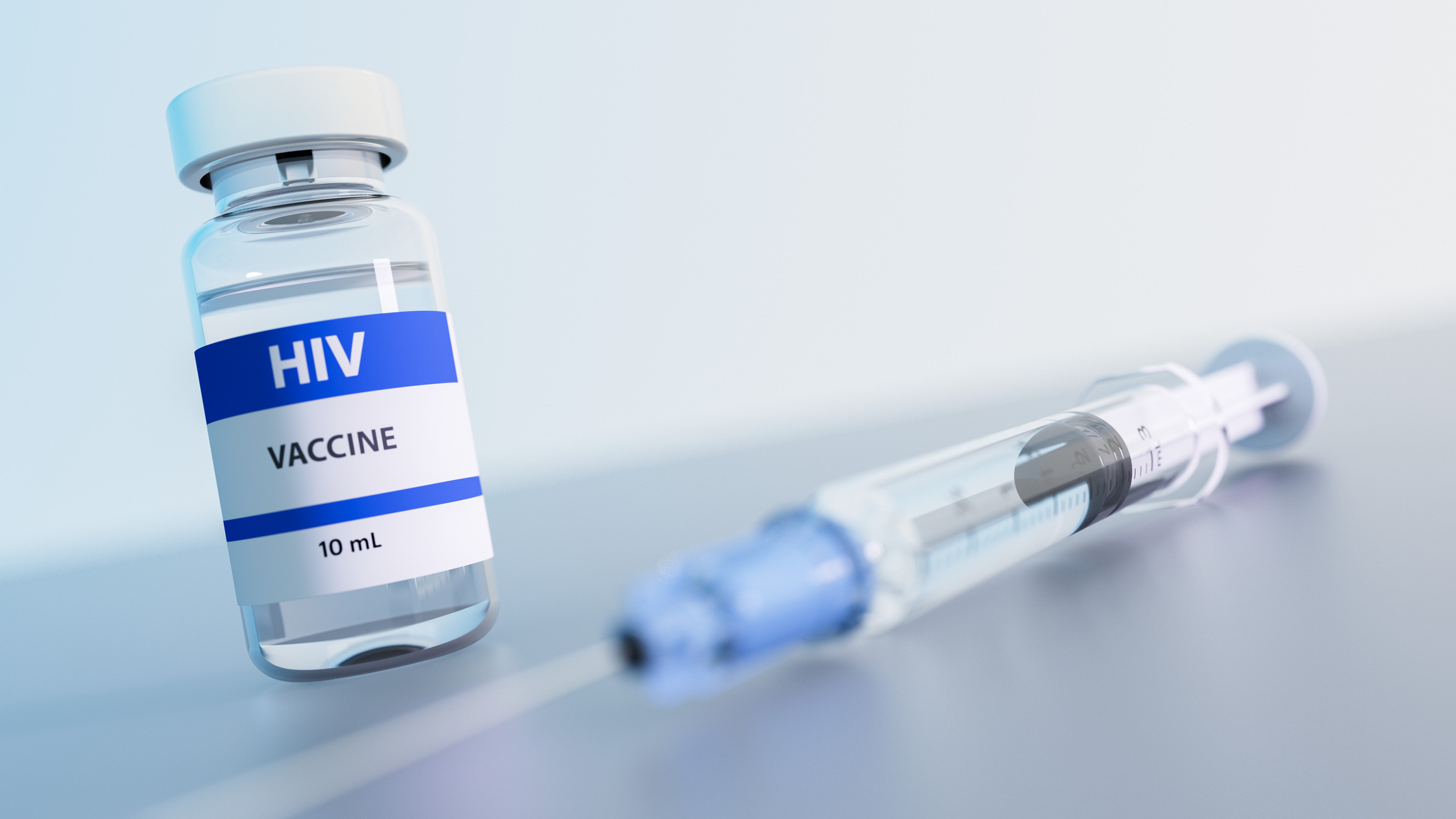The global response to HIV has suffered its most significant setback in decades, the Joint United Nations Programme on HIV/AIDS (UNAIDS) warned on Tuesday, calling for renewed solidarity, resilience, investment and innovation to achieve the goal of ending the AIDS epidemic.
The warning comes in a new report titled “Overcoming Disruption, Transforming the AIDS Response,” which highlights the severe impact of declining international funding and weakened global solidarity on HIV prevention efforts.
The report noted that abrupt cuts to international HIV aid in 2025 have exacerbated existing funding gaps. Citing estimates from the Organization for Economic Cooperation and Development, UNAIDS said external health assistance is expected to fall by 30-40 per cent in 2025 compared with 2023, a shortfall that could immediately and severely disrupt health services in low- and middle-income countries.
Prevention services have been particularly affected, the report said. Large reductions in HIV prevention medicine supplies and steep drops in voluntary medical male circumcision have created a growing protection gap for millions. HIV prevention programmes targeting young women have also been dismantled, leaving adolescent girls and young women without access to prevention, mental health, or gender-based violence services, which further increases their vulnerability.
The report cautioned that failing to meet the 2030 global HIV targets outlined in the upcoming Global AIDS Strategy could result in an additional 3.3 million new HIV infections between 2025 and 2030, Xinhua news agency reported.
Globally, 40.8 million people are living with HIV, with 1.3 million new infections recorded in 2024, and 9.2 million people still lacking access to treatment, according to UNAIDS.
Ahead of World AIDS Day on December 1, UNAIDS urged world leaders to reaffirm their commitment to solidarity, multilateralism and the shared effort to end AIDS, including maintaining funding for HIV programmes, investing in innovation, upholding human rights, and empowering communities.
“This is our moment to choose,” said Winnie Byanyima, executive director of UNAIDS. “We can allow these shocks to undo decades of hard-won gains, or we can unite behind the shared vision of ending AIDS. Millions of lives depend on the choices we make today.”
(IANS)














